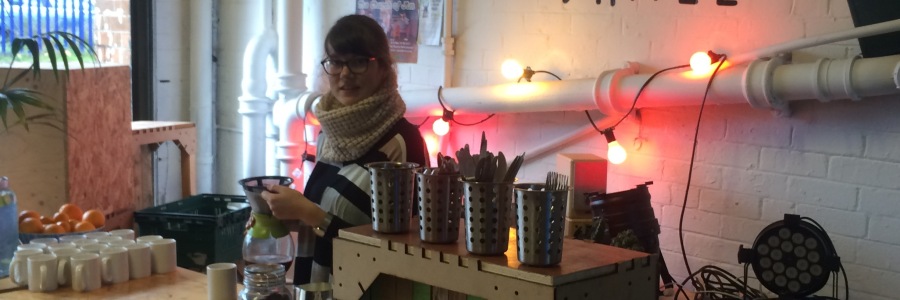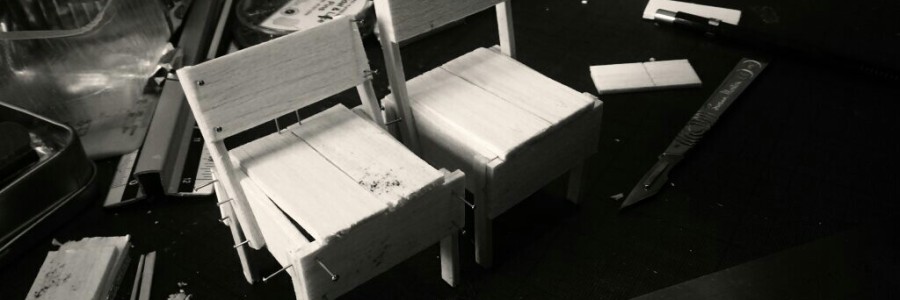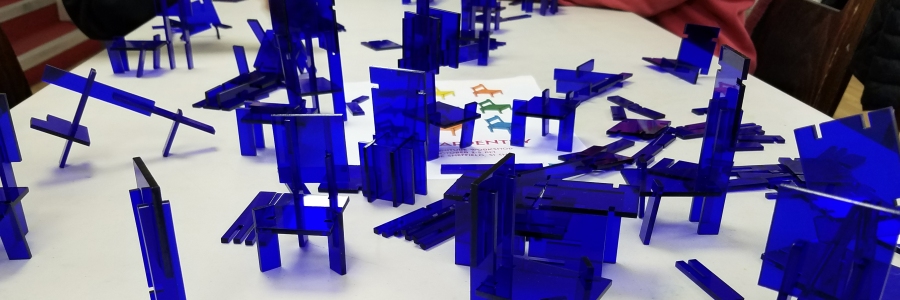Summary: Day 2 & 3 of the Collaborative Carpentry Workshop
After the first day of Brainstorming at Foodhall, we put our original ideas and the useful points from visitors to Foodhall together and thought about how can we further develop it. We were expected to see what would happen in Carpentry Workshop the second day! To prepare for model making, we collected several different kinds… Read More Summary: Day 2 & 3 of the Collaborative Carpentry Workshop



